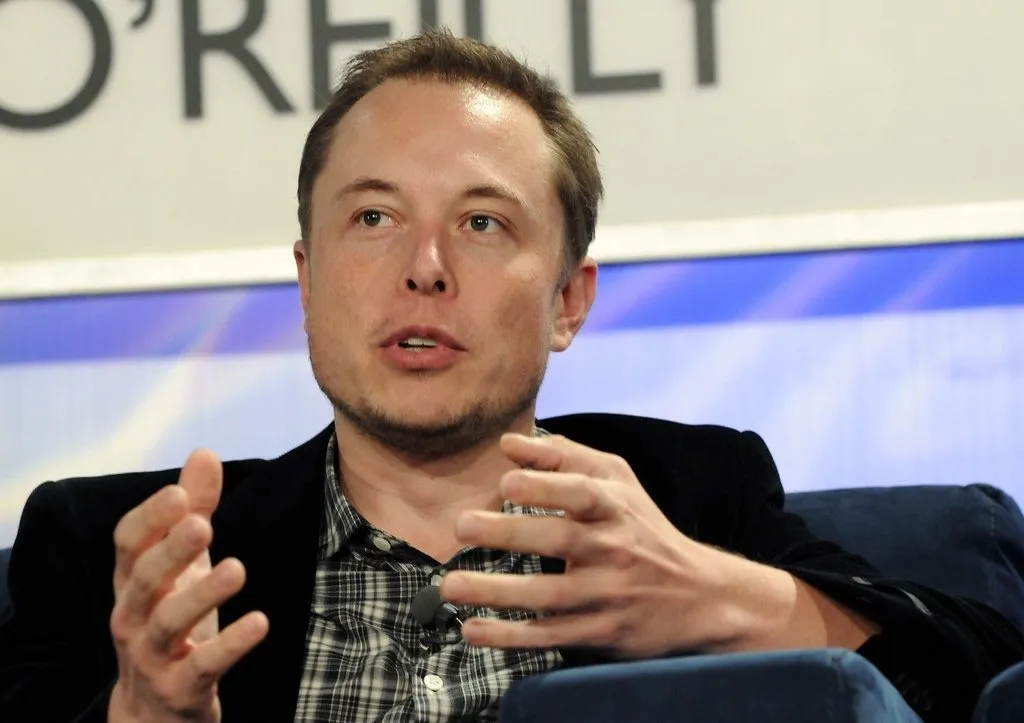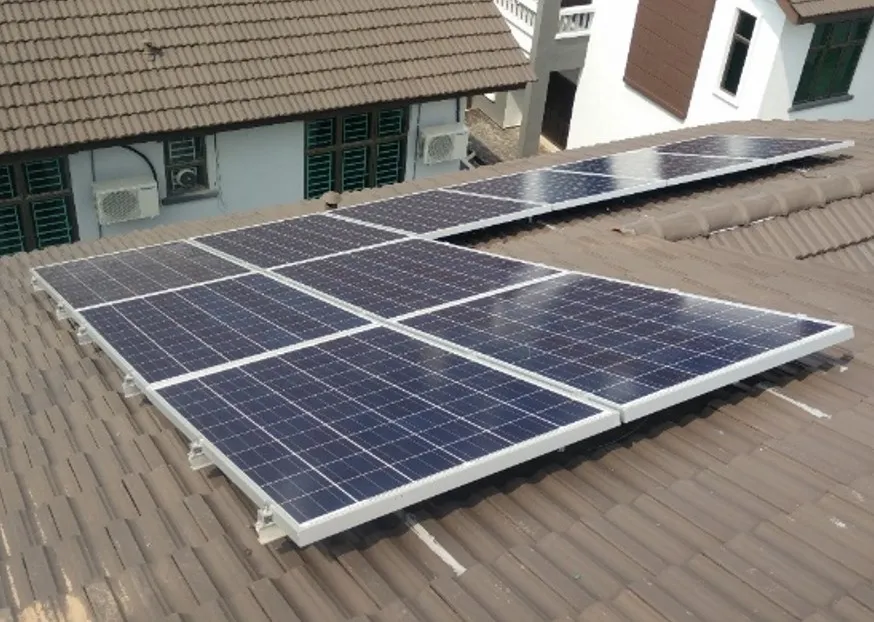
Let's get something out of the way. The #1 argument why solar is NOT as widespread as it should be is because the price of solar is "too high".
Well, I have been thinking a lot about this topic a lot and I have come to a firm conclusion. While solar power costs are an easy thing to blame, the allegedly 'high' price is not the reason. In fact, solar prices has fallen over 300 times since the 1970s (from $100/Wp to $0.33/Wp today). Meanwhile, the cost of burning fossil fuels has increased 16X in comparison to the same period of time. Yet, 90% of the world's electricity still comes from burning fossil fuels.
This explains why your electricity rates has only been going up every year!
So... if solar prices isn't the reason. What is?
Here is my take.
Reason #1 - Frankly, people don't know what solar power can do.
Chances are this might be you and if it is, I don't blame you.
Before I made renewable energy my career, the only applications I had seen solar power being reliably used is on my pocket calculator, atop some parking ticket machines and perhaps some camping gear where you can use it to charge a smartphone or power up some lights while in the forest.
Now if I were to replace the electricity in your home completely with solar... what are your thoughts?
- Do you think it is possible? Not possible?
- Is it stable? Will there be enough sunshine?
- Can it cover my air conditioning costs?
- What is your confidence level if the switch were to happen right now? High or low?
So the truth of the matter is most people still do not know what solar power can do today.
- They do not know what is possible.
- They do not know what is available from a global perspective.
- They do not know what is available from a local perspective.
In 2016, Elon Musk demonstrated a fully solar-powered home using TESLA and SolarCity products. This video left me in complete awe. How about you?

This is not meant to be a promotion of TESLA or any one brand. My goal is to show you what is possible and that technology-wise, it is not a barrier.
But even with the best technology in place, it is still not enough to spur solar to become our main source of electricity.
And this is because of...
Reason #2 - "It's not my job to change it."
If any change were to happen, my electric company should sort it out. Not me.
My electric company should bear the costs of the new solar power equipment. Not me.
I believe this is the common attitude shared by most electricity consumers. Even if solar prices continue to drop, they would not take it up.
Why?
Because this has always been "the way" since the invention of the electric light bulb. We rely on the electric company to build the power plants, generate all the electricity we need and deliver it to us, for a fee we pay monthly.
This is practiced throughout the world and for more than a century, hence it is normal if you cannot imagine an alternative. There are, however, two caveats if this traditional mindset continues
You will never have the choice of the kind of electricity that you want, e.g. solar. That's because the electricity company will always make the decision on your behalf. You'll end up waiting for positive change that might never arrive - as history has repeatedly shown.
When electric companies build solar power plants, these projects are large, infrequent and there are only a few of them. Hence I ask:
- How many people can truly benefit from this?
- How many long-lasting jobs would it create?
- How can an industry thrive when there are only one or two projects where the whole town would be fighting over for?
- How would it ever come to mainstream consumer? How would it spur innovation?
Solar power adoption would never reach a critical mass at this rate.
Reason #3 - Not enough financial incentive.
As mentioned above, in my 8 years of experience in the renewable energy sector, I have found price to be the most common albeit weakest argument.
It has never been about price.
Instead, it is about return on investment (ROI).
In 2012, the government of Malaysia introduced a program where if you produced solar power from your rooftop and fed it into the national grid, you can sell that electricity to the sole incumbent electric company at up to 5X the rate you consume (that's a huge profit!). Adding to the fact that each approval is made bonafide with a 21-year contract, it was a program that guaranteed a 21-year cashflow-positive passive income to reward solar power producers.

It was an immensely popular scheme but approvals were limited to about only 2,500 houses a year. Because of the high incentive and scarcity of approvals, applications were taken up within seconds at every opportunity. This scheme came to a halt in 2016 when the government announced it had no more budget to support new applications.
I was sad when I heard this announcement but it did taught me one invaluable lesson.
As long as the incentive is strong, the market will naturally find its way to overcome the price barrier.
In this case, it only took a 5X opportunity to move a market. In 2012, at least 300 new solar power companies were formed that year. By 2013, euphoria kicked in and that was when applications were taken up like hot cakes.
I take these as signs and clues to make my next project a success.
The Future is Bright But We Must Make It Happen
My vision remains clear - a solar power system in every home.
To achieve this vision, my plan is to
(1) Generate more conversations through good written content on Steemit
(2) Speak at events regularly to drive up awareness and interest
(3) Develop an ecosystem blockchain with a structure similar to Steemit that rewards cryptocurrencies to both producers and consumers of renewable energy.
I look forward to the day when it just makes complete sense to go to the hardware store, buy some solar power equipment and jump into the network. Start generating your own electricity, cut your monthly bills, share any excess with your neighbors and make money.
I'd love to share more details on my blockchain project soon. Meanwhile, let's make this a conversation. Please leave a comment and share this post.
Tell me:
- Do you like this vision?
- How do you think we can achieve this vision?
- How do you think blockchain can help with this vision?
I'm very excited to hear your views on this. Appreciate it.
Buzz
Photo credits:
Solar panels: zakzak7 on Visualhunt.com / CC BY
Elon Musk: jdlasica on Visualhunt / CC BY